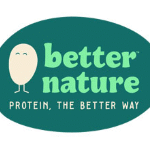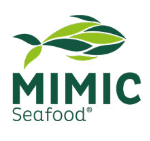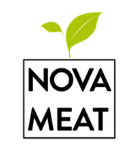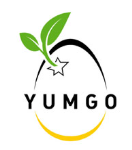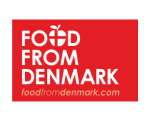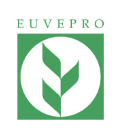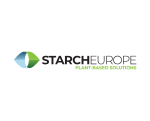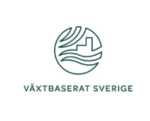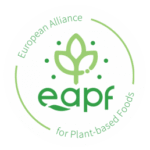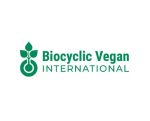Partners for Plant-Based: A Declaration to Strengthen Europe’s Value Chain


A competitive, sustainable and resilient food system is within reach if we act now.
With a dedicated Plant-Based Foods Value Chain Action Plan and an ambitious EU Protein Strategy, the EU can boost farmer incomes, cut emissions, grow quality jobs and strengthen Europe’s strategic autonomy – all while expanding consumer choice and improving public health.

Europe can set the global benchmark for a sustainable and competitive plant-based foods value chain. To get there, we urge the current EU Commission (2024–2029) to:
We urge the EU and its Member States to integrate plant-based foods into core economic, innovation, and trade strategies for 2024–2029, and to ensure policy coherence so the sector can scale. This means cutting red tape that limits market access, removing fragmented rules within the Single Market, and ensuring regulatory coherence in food law so that the European plant-based foods value chain can scale up and continue to drive innovation.
A thriving plant-based foods value chain will open more and higher-value markets for European farmers and primary producers, including foodgrade protein crops and other plant ingredients. We call for a holistic approach, stimulating demand on one hand, and providing incentives to confidently invest in and diversify into plant-based food crop production on the other.
Europe’s plant-based food industry stands ready to invest in research, product development, and manufacturing scale-up, provided the right policy framework is in place for long-term predictability. We encourage the EU to support and fund research aimed at improving crop yields, nutrient bioavailability, and consumer insights. Beyond research, the EU should create conditions that de-risk and reward innovation. This includes speeding up food-tech R&D, streamlining approvals for novel food ingredients, and supporting processing capacity and infrastructure – recognising the crucial role of processors in the food value chain.
A coherent Single Market is essential for the growth and competitiveness of the plant-based value chain. Currently, Member States have varied approaches to national food strategies and dietary guidelines. The EU would benefit from greater policy consistency to support farmers, value chain actors, and consumers. The EU should revise the VAT Directive to allow Member States to apply reduced VAT rates on plant-based foods on par with those often granted to meat and dairy.
The EU should deploy a comprehensive range of policy instruments with the goal of making healthy, sustainable eating the norm. This requires a multi-sectoral approach that includes partnerships with retailers, food processors, and other value chain actors. Public institutions such as schools, hospitals, and cafeterias should be encouraged to offer plant-based options, creating inclusive food environments that nudge citizens towards balanced diets.
Over time, better nutrition and the prevention of diet-related diseases will save significant healthcare costs for Member States. The benefits of diverse plant-forward diets, which are made possible by a wide range of plant-based ingredients providing essential functionality, extend beyond health into economics by fostering food innovation, enhancing consumer choice, and supporting a resilient European food industry. The hidden cost of diet-related diseases in the EU has been estimated at nearly €900 billion annually, including healthcare spending, lost productivity, and impacts on well-being. Conversely, promoting plant-based foods is an investment in public health that delivers immense returns.
Join us in shaping Europe’s future food system.





